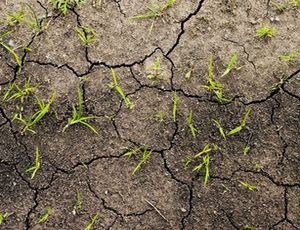
The aim of the course is to familiarize the widest possible group of students at Jagiellonian University with the causes of and possible solutions to the most serious crisis facing mankind today – the climate and environmental crisis.
The course is aimed at students and staff of all faculties of the University and is presented by lecturers from different faculties representing natural and social sciences as well as humanities – because the climate and environmental crisis results from practically every activity of human society. At the same time, the only possible way to prevent the crisis from becoming a global disaster and to adapt to changes that have already taken place is by means of multifaceted measures, including biological (natural), economic as well as social actions.
For this reason, the course consists of five blocks:
1)At the beginning, students learn about the latest scientific findings on climate change caused by the increasing concentration of greenhouse gases, which raise the average temperature of the Earth and thus increase extreme weather events such as droughts, floods and hurricanes.
2) Since the second component of the crisis are changes at the level of the Earth’s biosphere, the course will provide information on the mass extinction of species, its causes and the connections between these processes and the rise in the average temperature of our planet. The relationship between climate change and biodiversity loss will also be explained.
3) Other extremely important topics which will be discussed are the economic causes of the crisis, and how humanity should change the use of the Earth’s natural resources and at the same time transform their communities in order to reduce economic inequalities at global and local levels. Without the reduction of economic inequalities and the reorganization of societies towards greater communality, it is practically impossible to make the changes needed to stop and adapt to the crisis – which will also be discussed during the course.
4) The next issue to be addressed during the course are already observed as well as anticipated mental health problems at both the individual’s and the communities’ level arising from the confrontation with difficult and frightening knowledge concerning the crisis. For decades causes of the crisis have been either overlooked, ignored or misrepresented. The course will allow students to learn how to deal critically with information and misinformation. They will also be able to learn how to act so that the world could be changed in spite of the seriousness of the situation and at the same time how to take care of both their own and their society’s mental health.
5) During the last of the planned blocks of the course all the solutions discussed above, which are necessary to stop the crisis on the one hand, and to adapt to it on the other, also at the level of Academia and the University, will be discussed and summarized.

